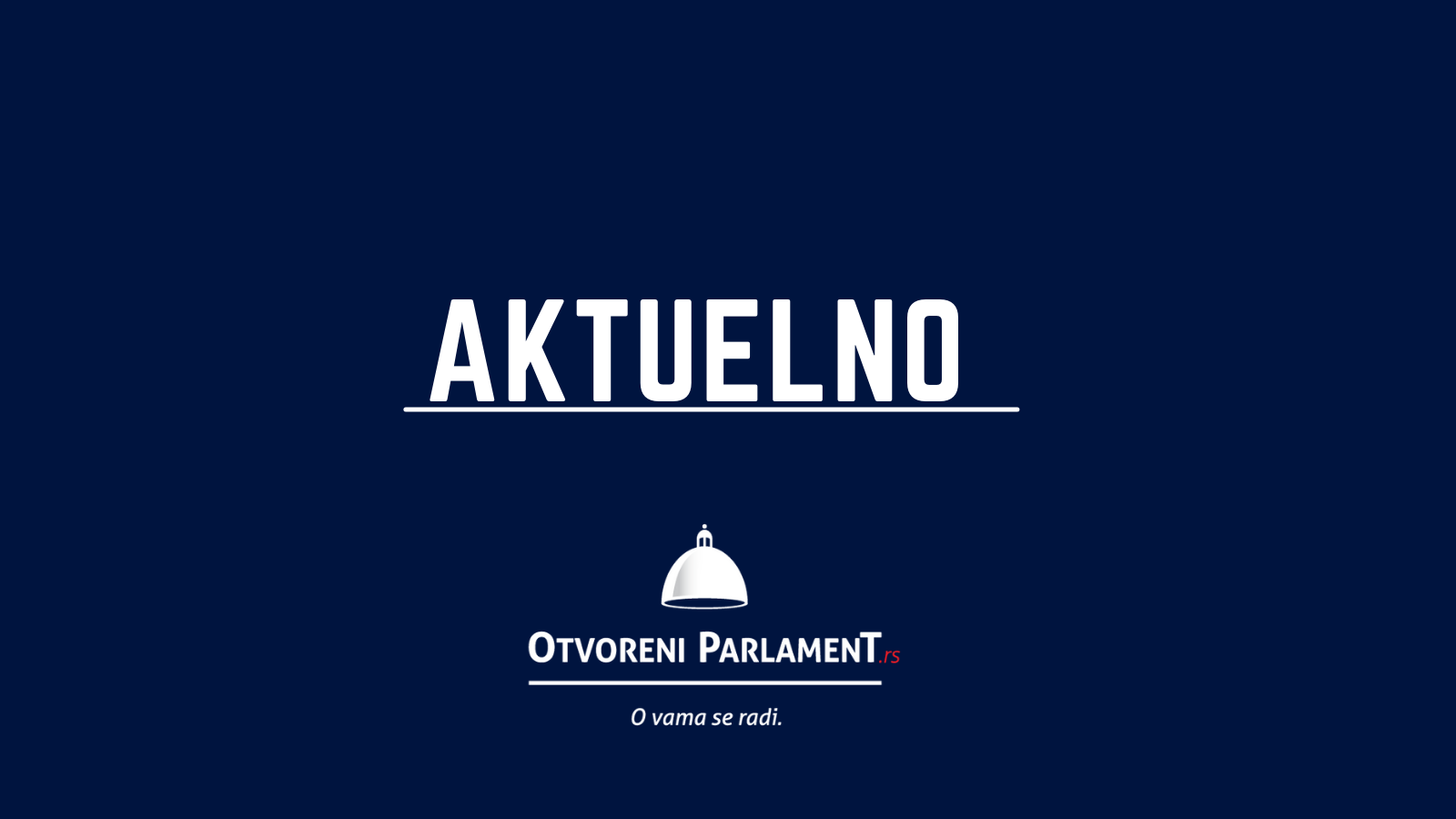
The current case of returning the amendments to the Law on Expropriation to the National Assembly for reconsideration, by the President of the Republic, aroused the public’s interest in the procedures governing the promulgation of laws and rare cases of returning the law for reconsideration. The rules seem clear, but after years of poor institutional practice that has normalised breaches of procedure and blurred the boundaries between the legislative and the executive, confusion and public distrust are indeed justified.
Any law adopted by the National Assembly must be promulgated by the President of the Republic within maximum 15 days from the day of adoption of the law, i.e., no later than within seven days, if the law has been adopted by emergency procedure. Article 113 of the Constitution of the Republic of Serbia gives the President of the Republic the opportunity to return the law to the National Assembly for reconsideration with a written explanation. The conditions for such action are prescribed by the Law on the President in Article 19: if he considers that the law is not in accordance with the Constitution, that it is contrary to ratified international treaties or generally accepted rules of international law, if the law does not follow the procedure prescribed for the enactment of a law, or if it assesses that the law does not regulate an area in an appropriate manner. The Rules of Procedure of the National Assembly, in Article 265, clearly prescribe the procedure to be followed in case of returning the law for reconsideration. The Speaker of the National Assembly is obliged to submit the law to the MPs immediately upon its returning, so that it could be decided on it at the next sitting.
If the MPs decide to vote on the same law again, it will be voted by a majority of the total number of MPs, which makes a qualitative difference in comparison to the original vote, where a majority of the present MPs was required. If the Parliament votes again for the returned law, it will once again be put before the President, who will now have a constitutional obligation to promulgate it. If the majority of MPs change their opinion and they no longer support the law for which they previously voted, that shall be acknowledged at the Assembly sitting, and not in the Government. As the proposer of the law, the Government has the right to withdraw the bill from the procedure only until the end of the debate on the bill at the sitting of the National Assembly. Once adopted by the Assembly, the law is no longer in the form of a bill and therefore the Government cannot further withdraw it from the procedure. The National Assembly elects and controls the work of the Government, not the other way around. The National Assembly must not be reduced to the service of the Government (or the President of the Republic as the second and separate holder of executive power), it is merely the service of the citizens of the Republic.
In this legislature, which was formed a little over a year ago, cases of non-signing of the law with violation of the procedure have already been recorded. the Law on Waters was “withdrawn” in the same way. Instead of returning the law to the Assembly for a new decision after the President of the Republic refused to sign it, the Government withdrew it from the procedure although the MPs did not even make a statement regarding it. Apart from the fact that this practice testifies to the poor quality of the law, which is a consequence of the non-transparent and almost “privatised” law-making process in which the interests and concerns of citizens were not taken into account in time, this also indicates the collapse of the principle of separation of powers. In the current circumstances in which 97% of MPs belong to the ruling majority and support the Government, and in which the President of the Republic is also the President of the largest parliamentary party, it is illusory to expect mutual control and complementarity of institutions. Hence, we often come to situations in which laws are adopted whereby no instance noticed that the legal solution has serious shortcomings until the very citizens pointed to them.